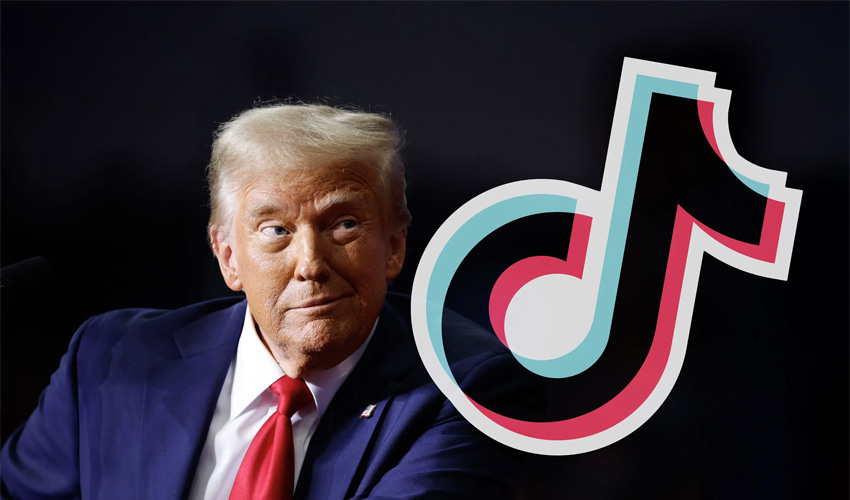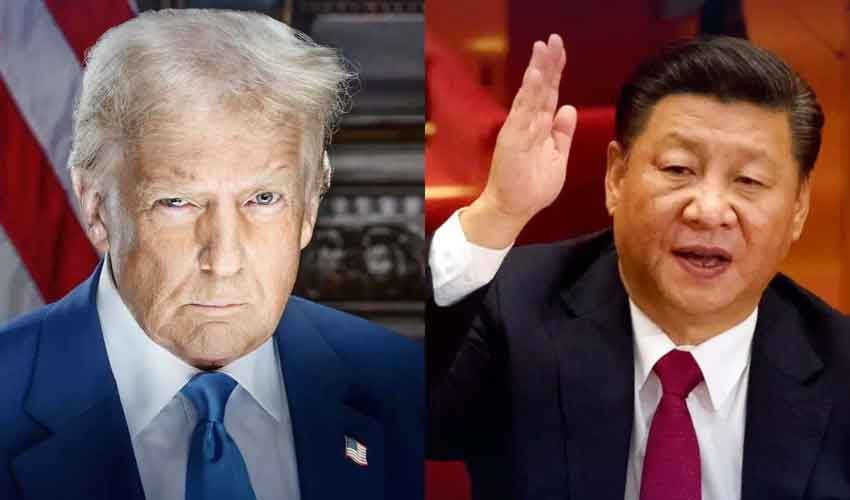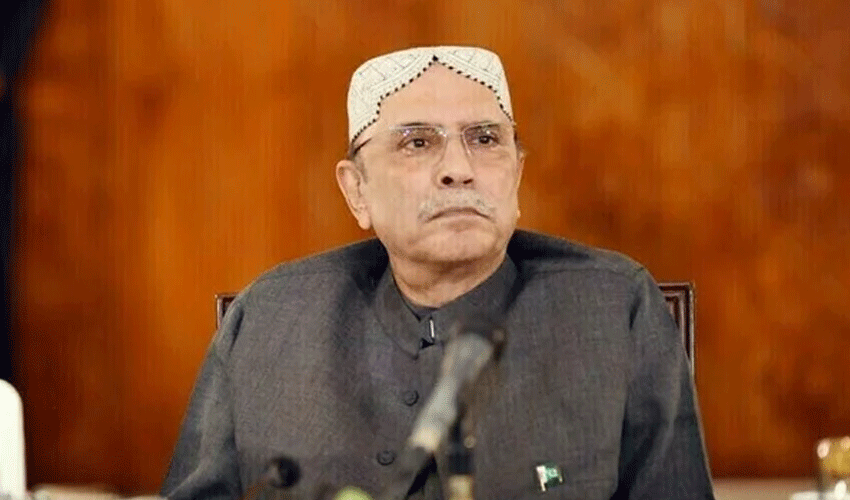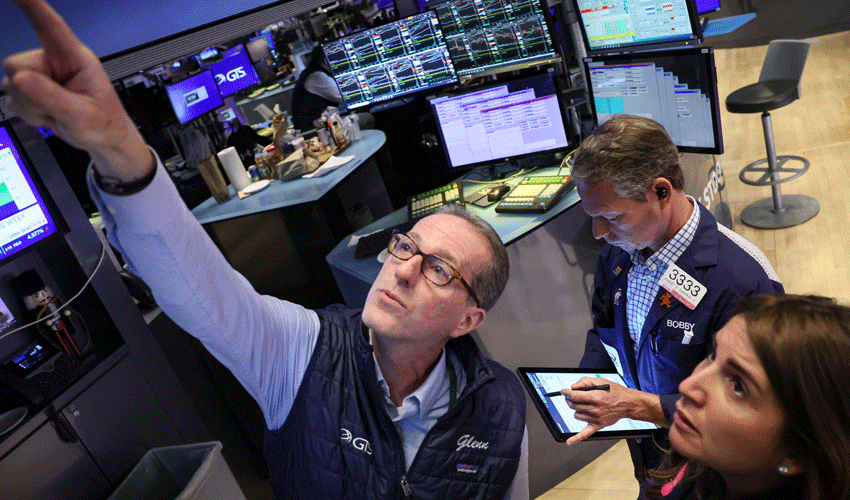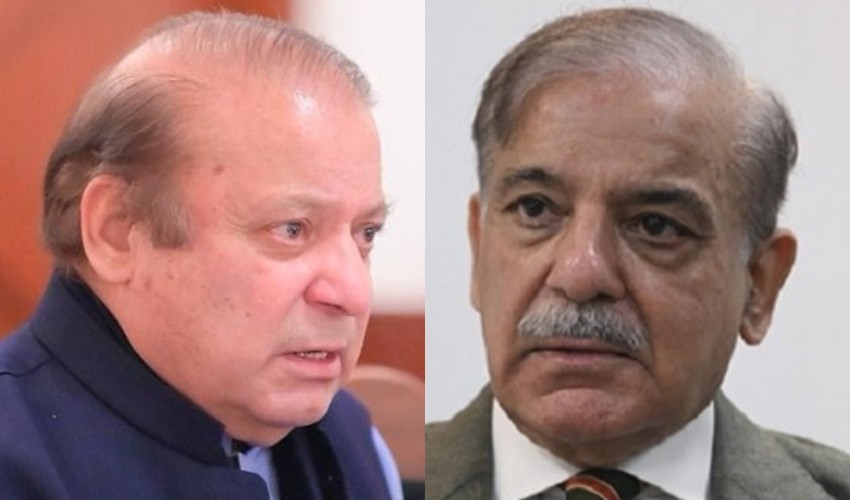Donald Trump - set to be sworn in as the 47th President of the United States on Monday - has indicated he will "most likely" grant TikTok a 90-day reprieve from a looming ban scheduled to take effect on Sunday.
Speaking to NBC News, Trump suggested an announcement on the matter could follow shortly after his inauguration. "The 90-day extension is something that will most likely be done, because it's appropriate," Trump stated. "We have to look at it carefully. It's a very big situation."
TikTok, the popular short-form video app owned by China-based ByteDance, had warned it would "go dark" on Sunday unless the outgoing Biden administration provided clarity on the enforcement of the ban.
The Supreme Court recently upheld legislation requiring ByteDance to divest its U.S. operations by January 19 or face a nationwide ban. ByteDance, however, has refused to seek a buyer.
Security concerns persist
The controversy surrounding TikTok stems from national security concerns raised by U.S. officials, who allege the app could be exploited by Chinese intelligence to collect data on American citizens, including federal employees and contractors. TikTok has denied these allegations, emphasizing its commitment to user privacy.
White House Press Secretary Karine Jean-Pierre dismissed TikTok's warnings of an imminent shutdown as "a stunt," asserting that the implementation of the ban would fall under the purview of the incoming Trump administration.
"We see no reason for TikTok or other companies to take actions in the next few days," Jean-Pierre said. "The next administration will address this issue."
A platform under threat
TikTok has become a cultural phenomenon in the U.S., boasting 170 million active users and serving as a key marketing platform for brands, content creators, and political campaigns.
The app played a prominent role in last year’s presidential race, with Trump himself acknowledging the platform's impact, citing the billions of views his campaign videos garnered.
The potential ban has alarmed creators and small business owners who rely on TikTok for revenue. "TikTok indirectly accounts for the majority of my income because brands want their products promoted there," said Nicole Bloomgarden, a fashion designer and artist.
Lessons from India
The U.S. may draw parallels from India, which banned TikTok and several other Chinese-owned apps in 2020 following a border clash with Chinese forces. Within weeks, Indian users were unable to access the app, and alternatives such as Instagram Reels and YouTube Shorts filled the void.
China has strongly condemned the U.S. legislation targeting TikTok, with its embassy in Washington accusing the U.S. of "unfairly suppressing" Chinese companies. "China will take all necessary measures to resolutely safeguard its legitimate rights and interests," a spokesperson said.
TikTok CEO Shou Zi Chew is expected to attend Trump’s inauguration, signaling the app's ongoing efforts to navigate the escalating tensions.





